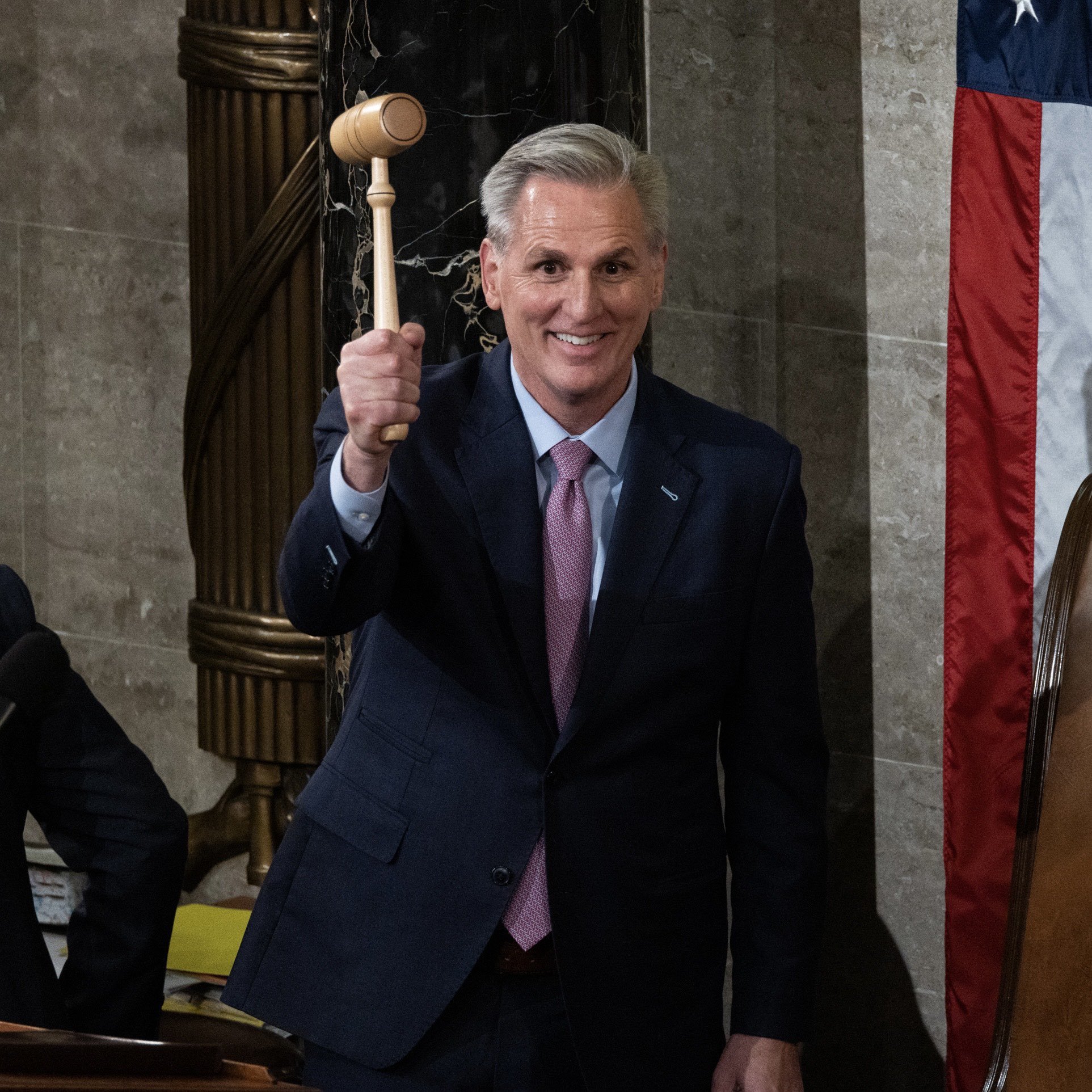In his perceptive eulogy for Queen Elizabeth II, Justin Welby, archbishop of Canterbury, observed: “People of loving service are rare in any walk of life. Leaders of loving service are still rarer.”
Ain’t that the truth. At the risk of sounding like the hammer always in search of a nail, I must nonetheless note once again that we are in an increasing crisis of leadership, from Vladimir Putin’s bungling attempts to conquer Ukraine, which would be laughable if they weren’t so horrific and dangerous, to the ham-fisted handling of Miami Dolphins’ quarterback Tua Tagovailoa’s concussion. (The doctor/consultant who cleared him to play was fired. Really? The team’s front office and ownership should all be fired.
What does it mean to be a leader? it means you are a steward of everything and everyone in your care, a servant of others. It means you take responsibility, even when you are not directly involved in the action. Say what you want about QEII, put she saw herself as a steward, one who remained on the job till her dying day.
For most, however, it’s me, me, me all the time, and it doesn’t help that people don’t really understand this, because they have a limited understanding of culture.
Read more…
Read More





